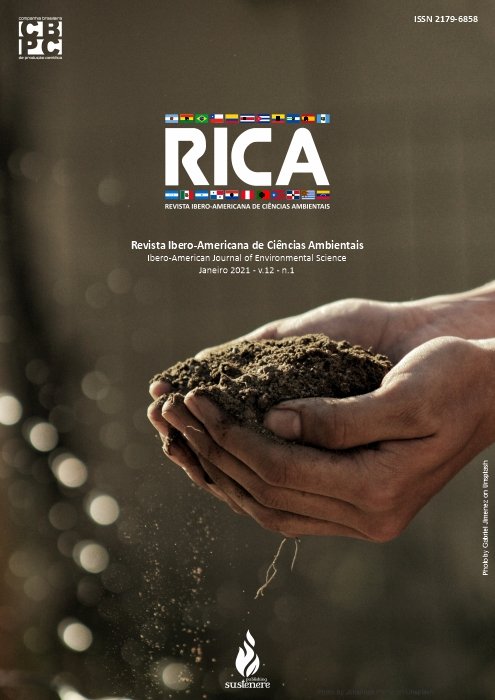Socio-environmental vulnerability in a riverside community: the experience of Ilha de Deus, Recife/PE
DOI:
https://doi.org/10.6008/CBPC2179-6858.2021.001.0048Keywords:
Socio-environmental vulnerability, Periphery, Public PolicyAbstract
This research analyzes the socioenvironmental vulnerability found in the residents of Ilha de Deus, a riverside community in a peripheral área of Recife. It breaksdown which factors may contribute to their mitigation, based on the role played by public actions and programs devised by the state of Pernambuco from 2009 until present days, in hopes of improving quality of life in the community. The research approached the problems of precarious living conditions such as housing, infrastructure and civil services. From comparative studies, the interventions made by the Government, through the implementation of an integrated socio-economic-environmental program in a urbanization project, were relevant to reduce the poverty situation of the population. A theoretical framework was explained, on the evolution of the urban environmental theme, the social and environmental vulnerability, the right to the city and public policies. The methodology used was observational and comparative, based on descriptive and exploratory research, with the application of a questionnaire and community visits. Analyzing the degree of vulnerabilityof other studies, revealing an improvement in living conditions, but also the incidence of weaknesses, mainly due to the discontinuity of the works, as well as the lack of integrated government actions aimed at promoting income generation.
Downloads
Downloads
Published
Issue
Section
License
The CBPC - Companhia Brasileira de Produção Científica (Brazil CNPJ: 11.221.422/0001-03) the material rights of the published works. The rights relate to the publication of the work anywhere in the world, including rights to renewals, expansions and dissemination of the contribution, as well as other subsidiary rights. All electronically published works may subsequently be published in printed collections under the coordination of this company and / or its partners. The authors preserve the copyright, but are not allowed to publish the contribution in another medium, printed or digital, in Portuguese or in translation.









